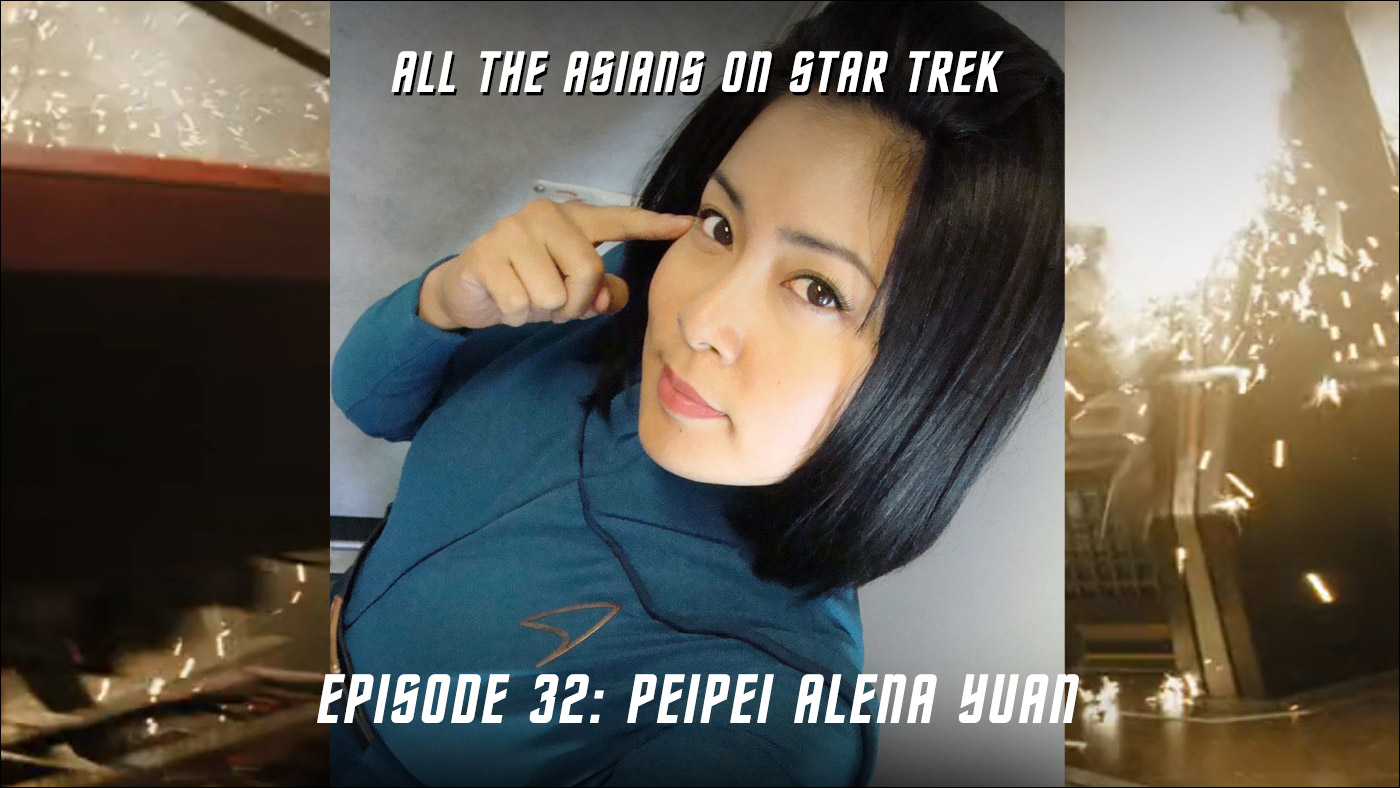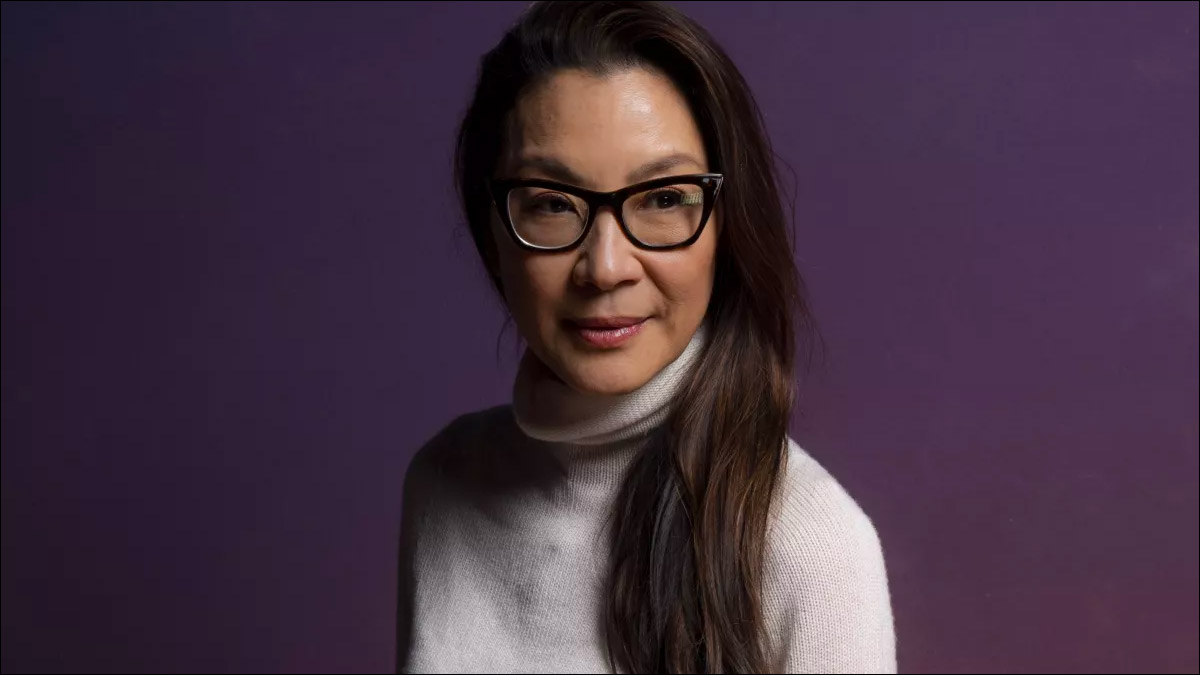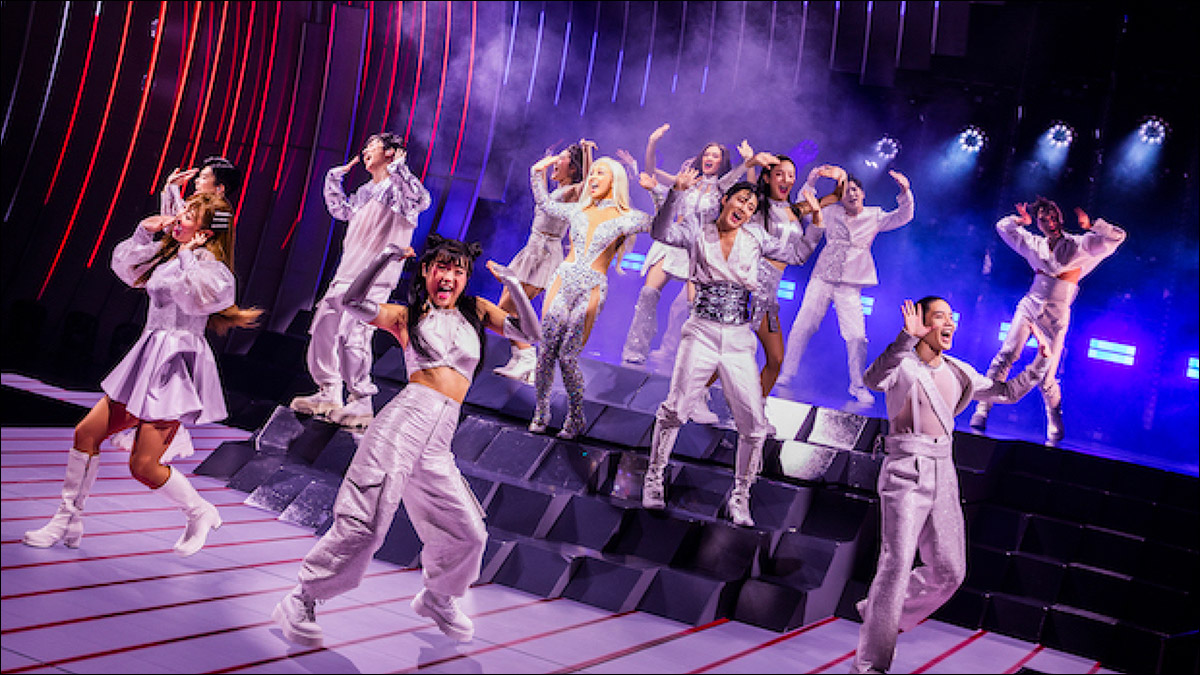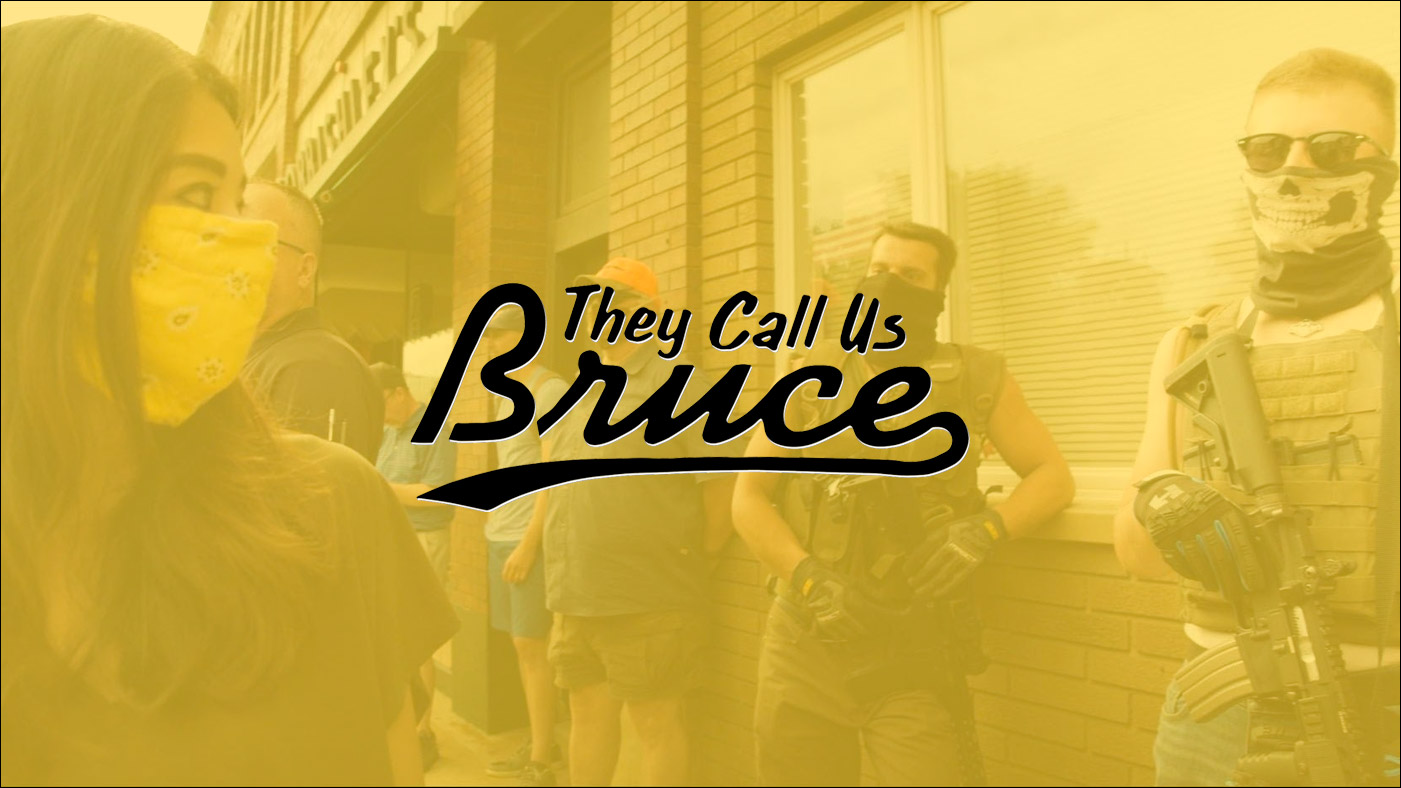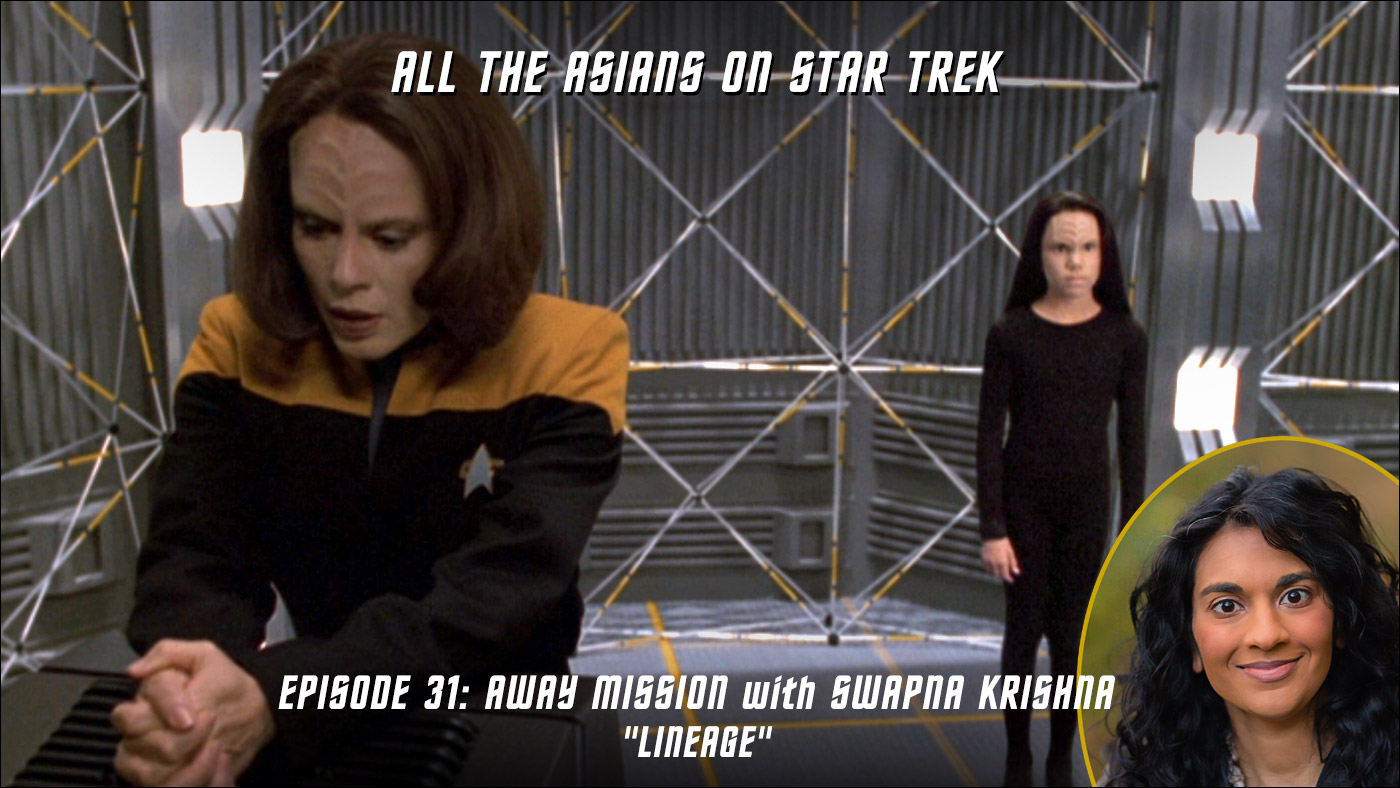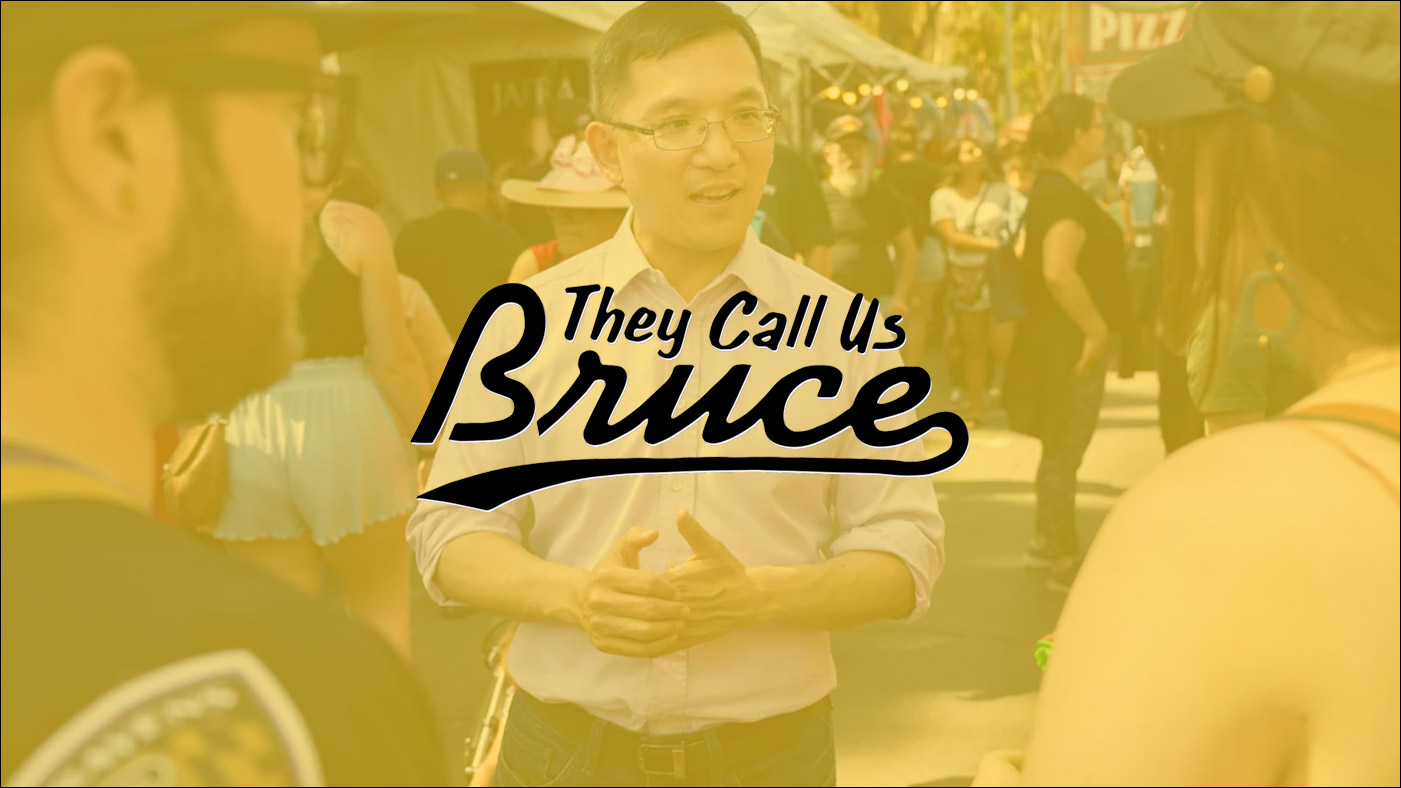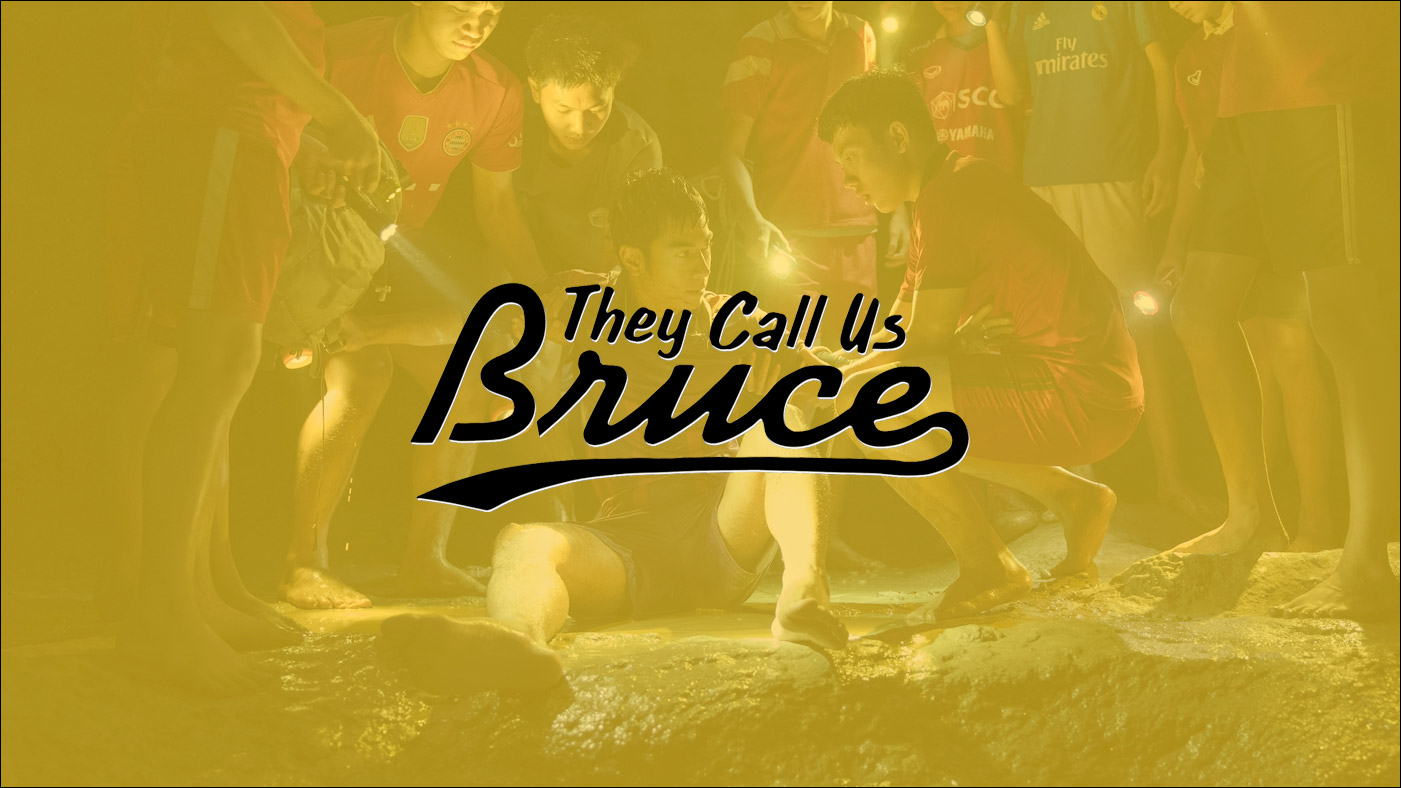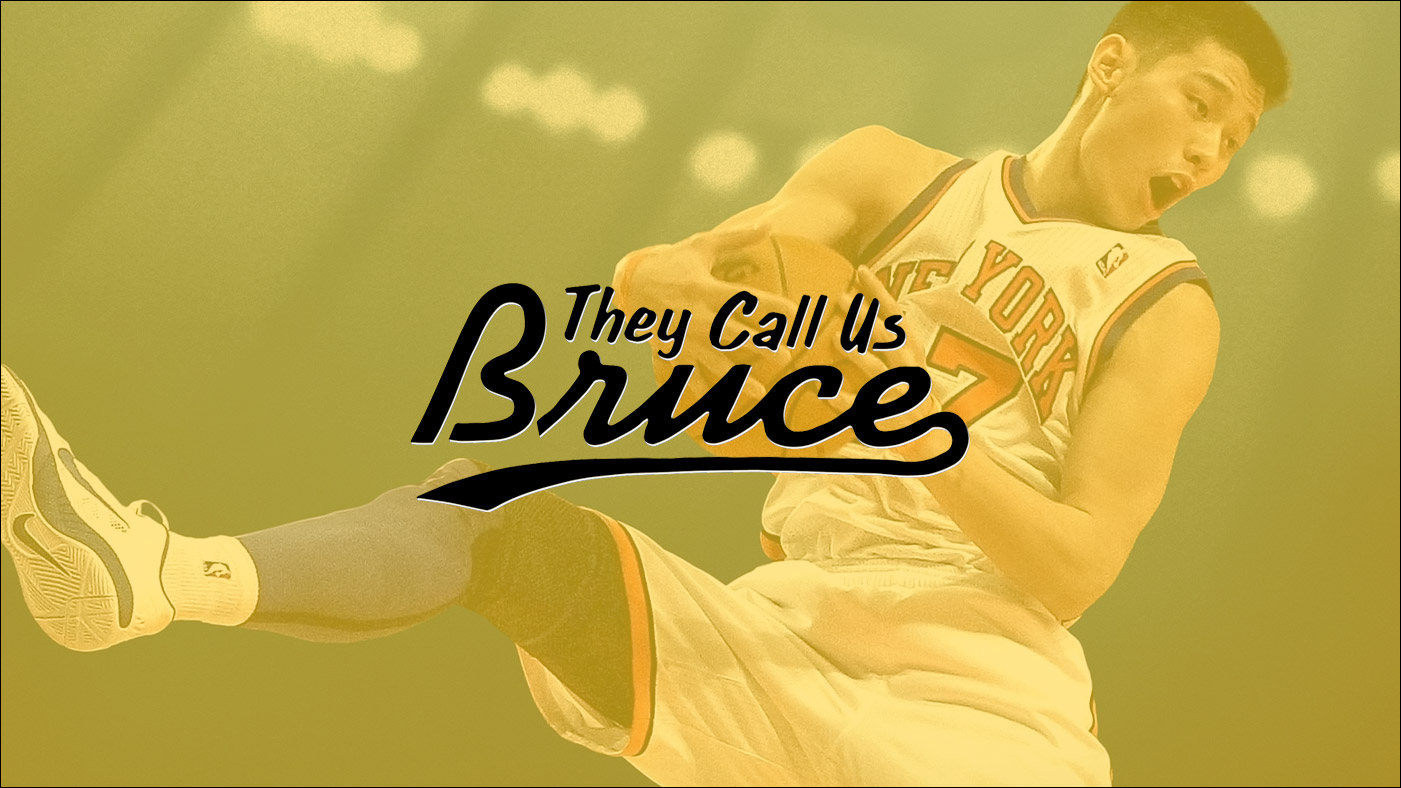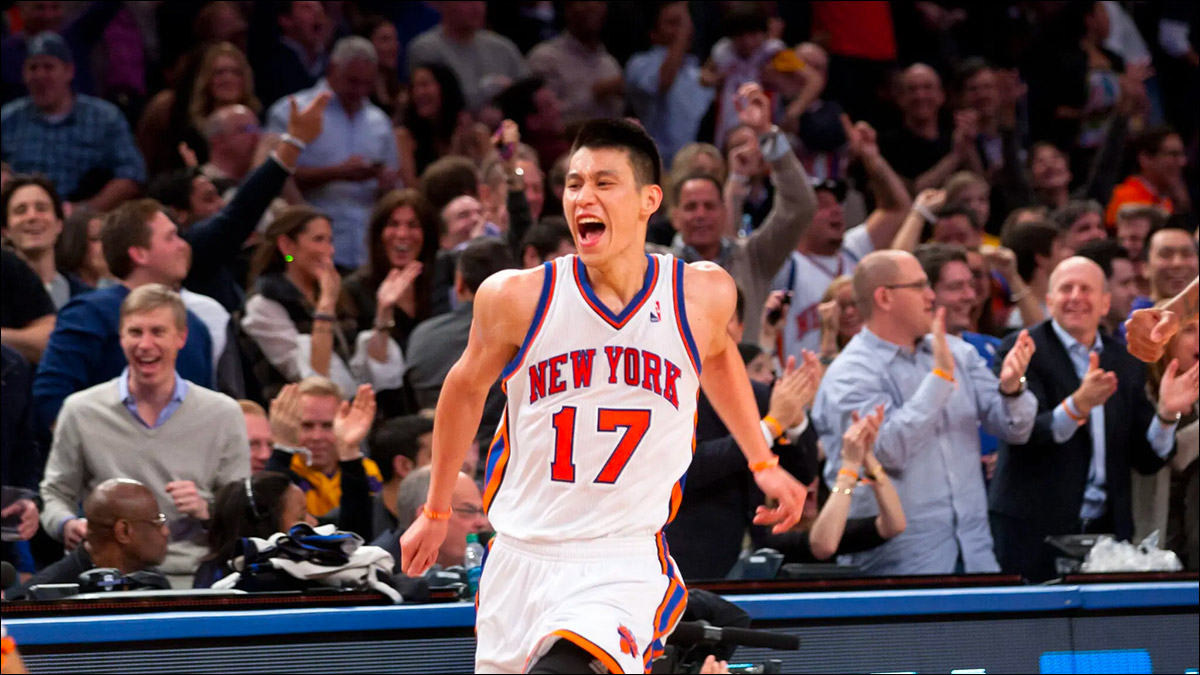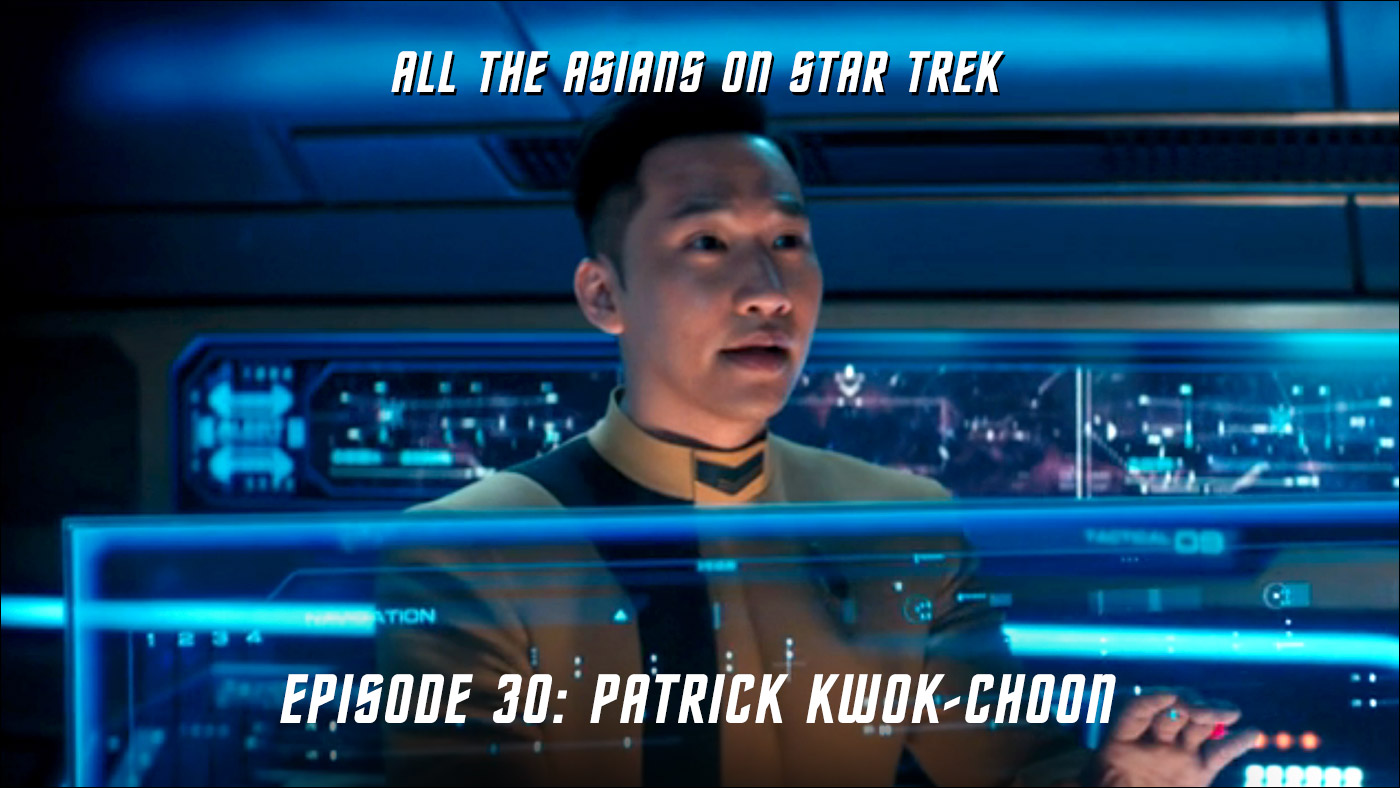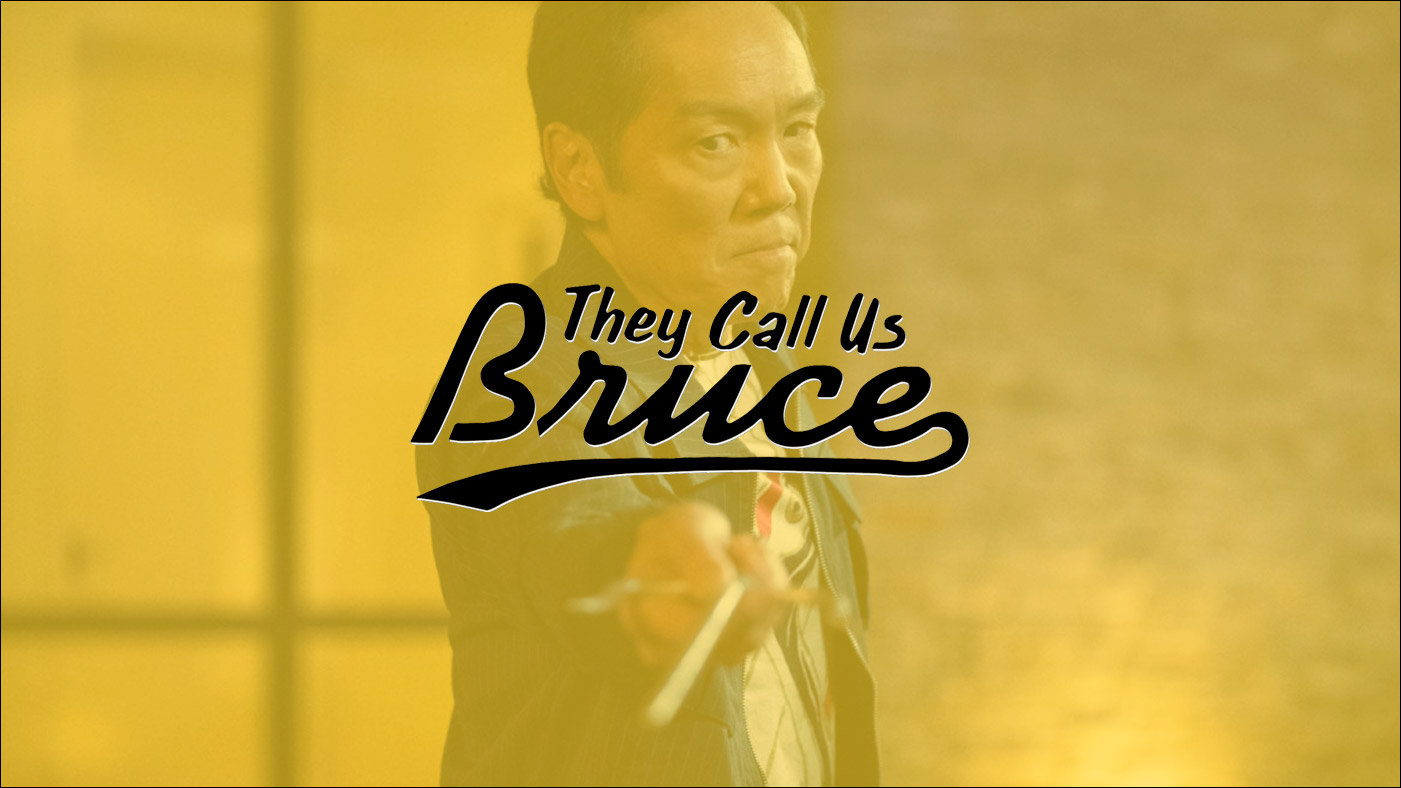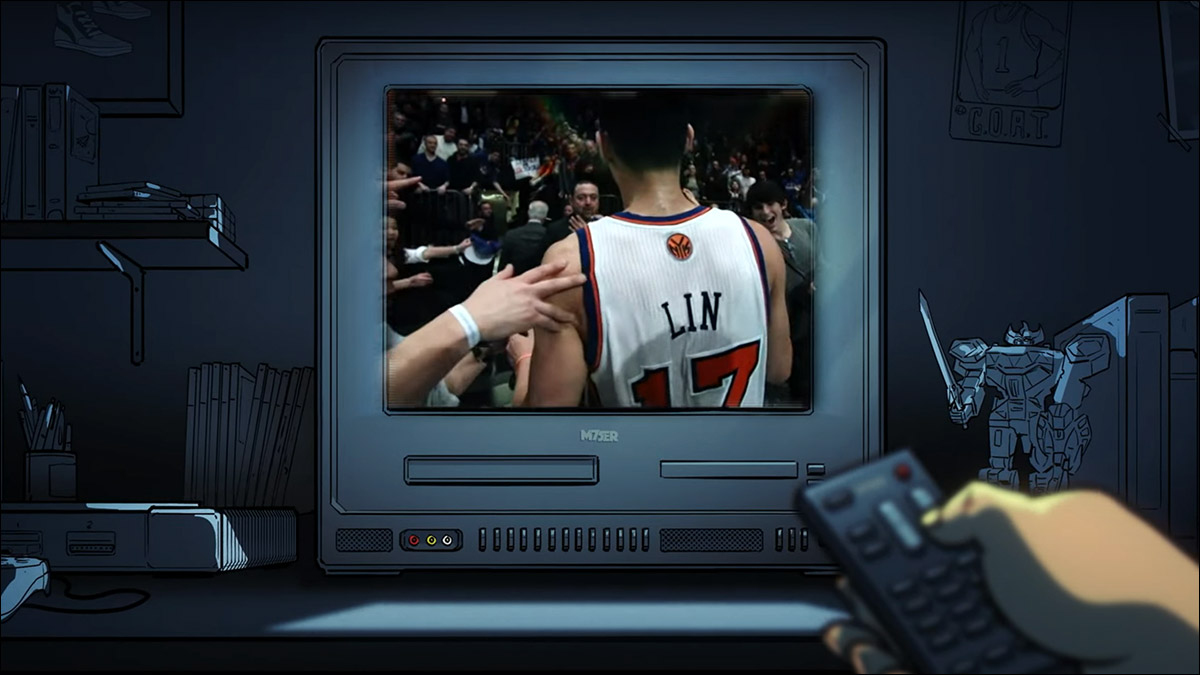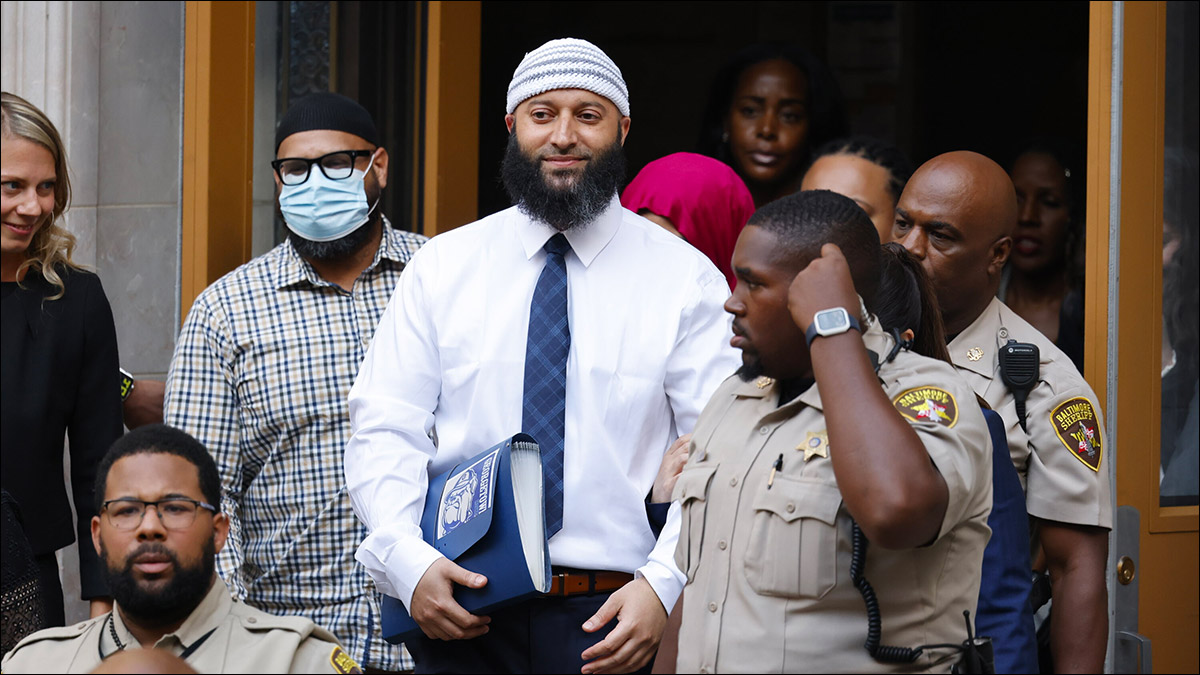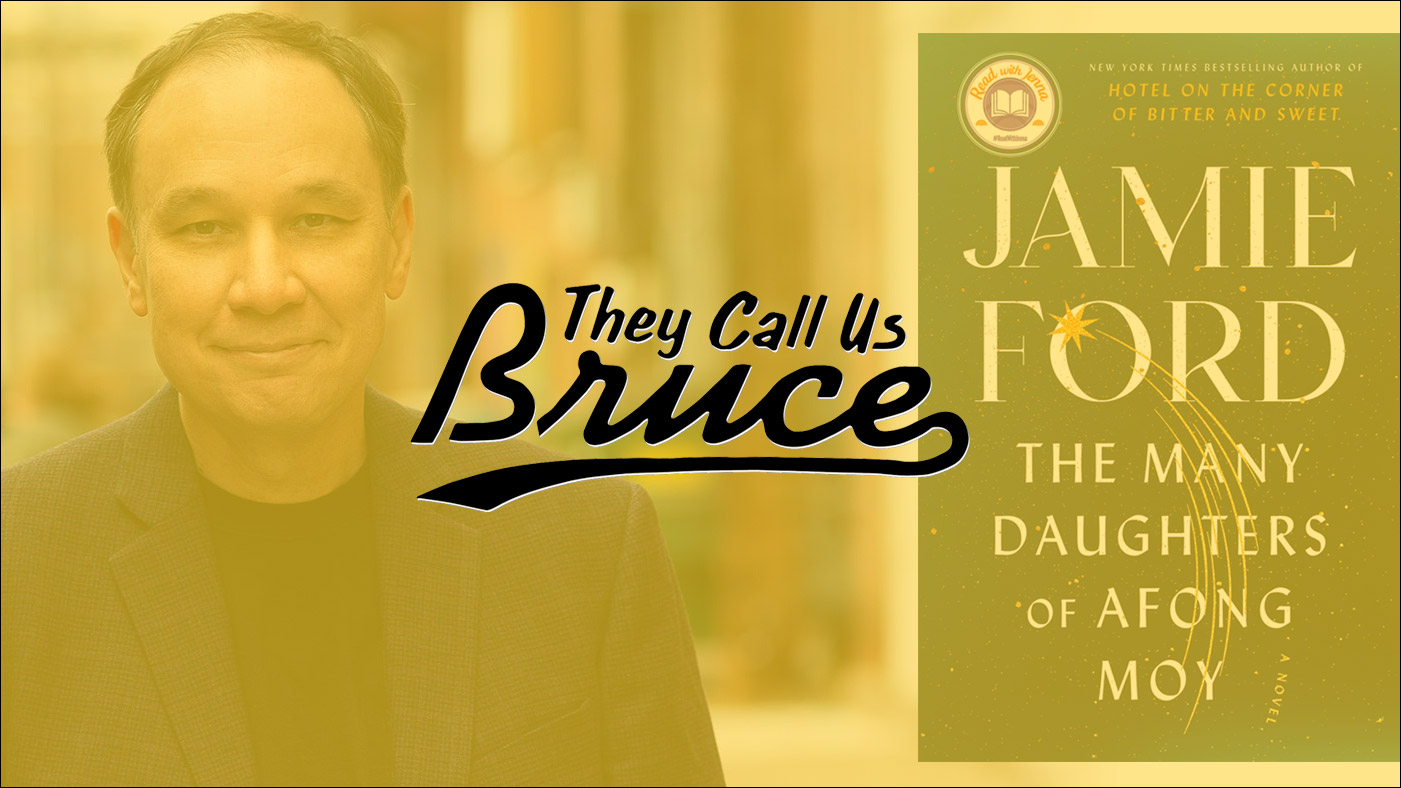First look at 'Girl Taking Over: A Lois Lane Story' by Sarah Kuhn and Arielle Jovellanos.
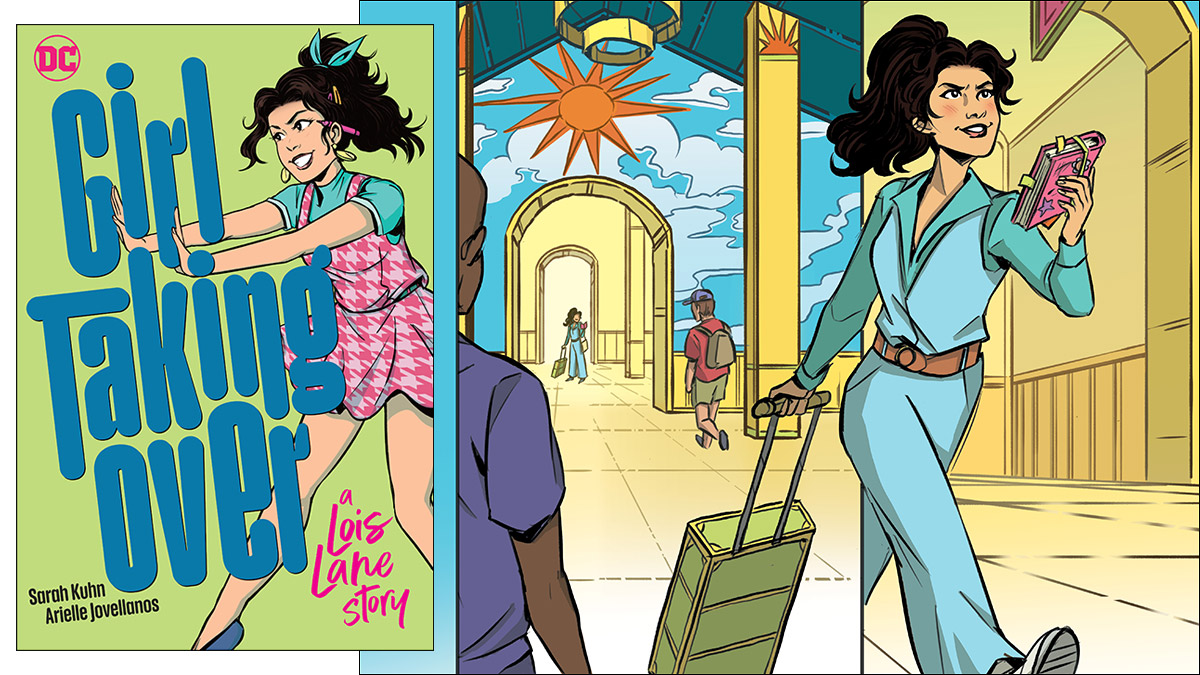
If you were like me, growing up as an Asian American consumer of comic books, you sometimes had to crane your neck to find representation within those four-color panels. And sometimes, intended or not, it was right there in front of you in plain black ink. I can't be the only one who interpreted Superman's canonically black hair as a signifier of Asian-ness -- by way of Krypton, of course. (Kal-El is an immigrant, don't ya know?)
For writer Sarah Kuhn, it was Lois Lane, intrepid reporter for the
Daily Planet.
"Lois Lane is my idol — as a kid, I imprinted on her immediately and dreamed of becoming a hard-charging reporter on a quest for the truth (who also gets burgers and freshly squeezed orange juice delivered to her desk at 9 am)." Sarah says. "I was always desperately searching for some tiny scrap of representation in the stories I loved and Lois had dark hair, so sometimes I'd fantasize that she was Asian American -- like me."
Sarah, whose previous work includes the Cassandra Cain story
Shadow of the Batgirl, gets to realize that fantasy in her upcoming original graphic novel,
Girl Taking Over: A Lois Lane Story, due out in April 2023. Part of the DC Graphic Novels for Young Adults line, with art by Arielle Jovellanos, the book reimagines Lois Lane as an Asian American teenager -- a small town girl with a big city summer internship trying to get a handle on friendship, romance and a burgeoning career.
I'm pleased to share this first look at preview pages from
Girl Taking Over:





